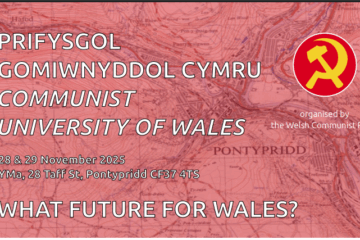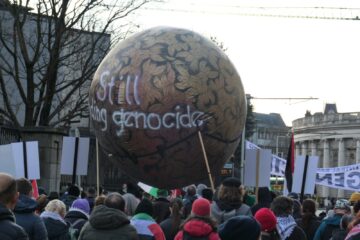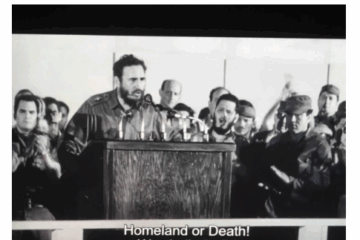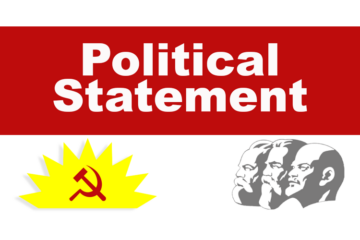21 May 2009
The publication of the long-awaited report of the Commission to Inquire into Child Abuse, concerning the abuse suffered by children and young people at the hands of religious orders detained in residential institutions, has exposed as never before the deep class hatred for working people and the rural poor that permeated the state and its agencies as well as the Catholic Church. What all the commentators have missed or merely glanced over is the class of those who inflicted the abuse or turned a blind eye and of those who suffered.
The report lays bare the horrendous sexual and physical abuse, the slave labour and starvation conditions that tens of thousands of children and young people suffered, their only crime being that they came from working-class families, from the families of rural workers or small farmers. What they all had in common was that they were poor.
The contempt that the so-called caring professions, the doctors and teachers, as well as the solicitors and judges, had for these young people, as well as the total disregard shown by the institutions of the state, exposes the fact that this state was and is deeply imbued with class prejudice. Despite the best efforts to cover up, it is at its very core, is its very essence.
There is little evidence that those who committed these crimes are likely to be punished, nor is there any evidence that this report, any more than the many others before it, or the current tribunals, will produce any serious results. The same class prejudice and cosy class relationships are still entrenched. The same contempt is still shown for working people, their families, and their communities.
The “carnival of reaction” predicted by Connolly was not confined to the North of Ireland. Catholicism was used in the South to ensure that the emerging Irish elite consolidated and maintained its power.









